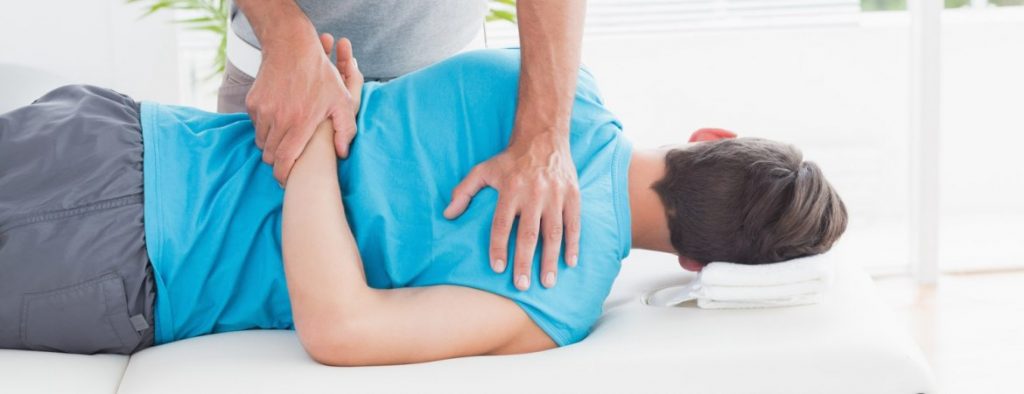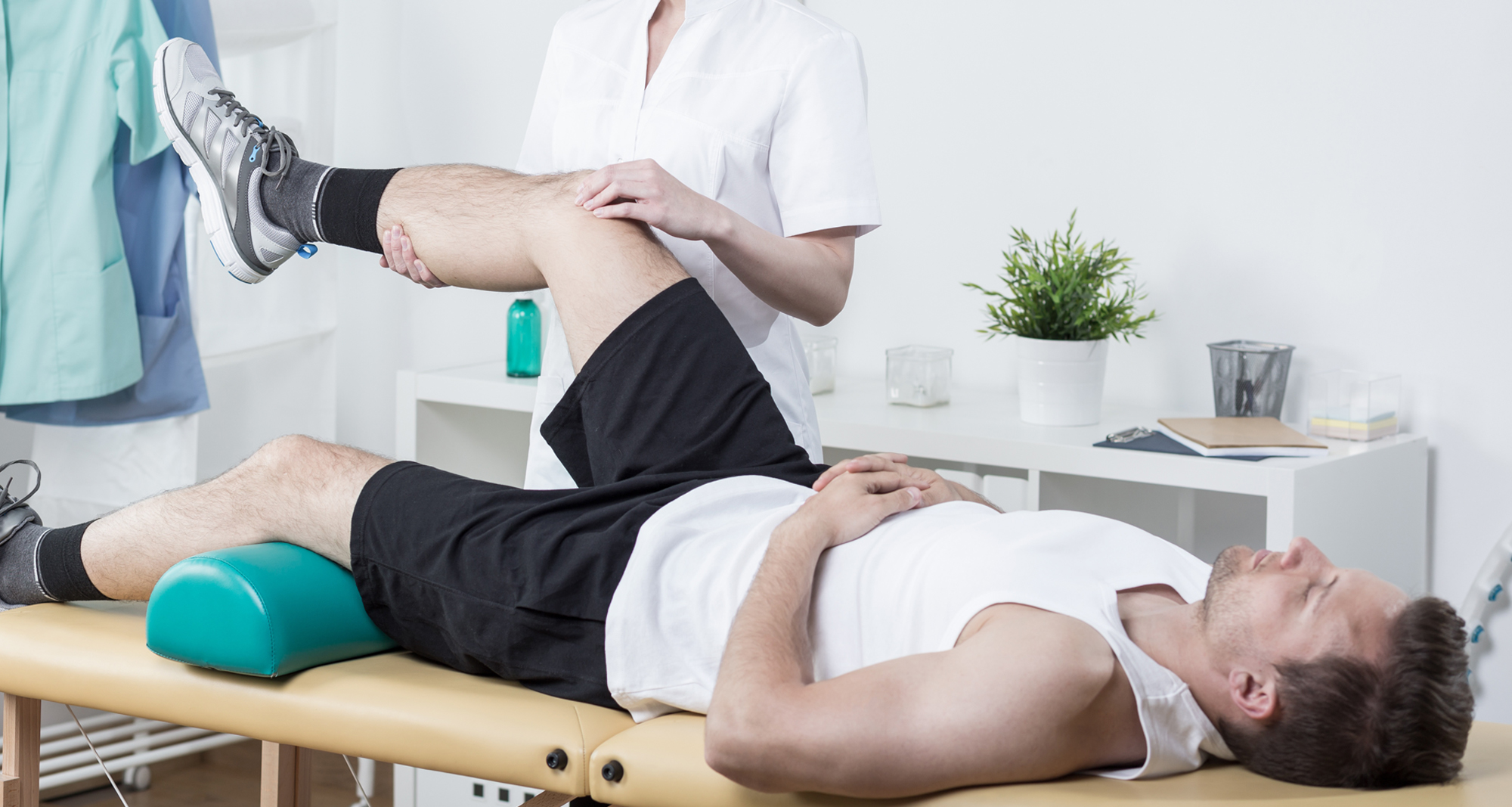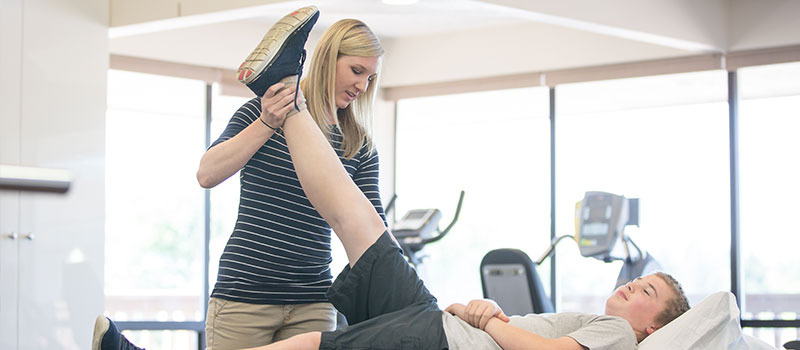Running, and especially the marathon, and physiotherapy, are two inseparable friends and condemned to understand each other. But not only when there is discomfort or pain.
Newcastle Physiotherapist explains when it is convenient to perform a physiotherapy session, especially if you are preparing a marathon.
Preparing for a test like a marathon requires many steps that not only concentrate on training. In addition to the physical preparation, other elements come into play such as mental preparation, nutrition, rest, the choice of material…
And, although it is less common to think about it, it is also necessary to plan a series of visits to the Newcastle Physiotherapist.
Pass the itv
Using a metaphor, we must think that our body is like a car, that to pass the ITV it must be tuned in the workshop. Similar happens to our body that, before undergoing a test of high demand such as the marathon, it is necessary that everything is in order and good condition.
Should i only go to the Newcastle Physiotherapist when my legs are loaded?
To be in a starting line of a marathon, and, above all, to be able to survive with guarantees to the whole process that involves the arduous training, it is necessary to take care of our joints and muscles. And there is no better professional than a Newcastle Physiotherapist who can help us.
One of the first big questions that can come to mind is when is the right time to go to the Newcastle physiotherapist if there is a precise moment in what we should do.
Some runners follow a legend runner, with no scientific basis, which preaches that if I do not have pain in my legs, it is not necessary to go to the Newcastle Physiotherapist. Something flatly false.
From the physiotherapy center, they make it clear that “prevention is always better than cure.” So, we raised the previous question, and the statement is clear:
“We should not wait for the pain to appear and even less when we are preparing a career with so much effort and time invested, in addition to demand, as is a marathon.” Lighter, water.
In this way, as if it were a specific training, it is advisable every 3-4 weeks “to include a leg discharge massage within our training plan.” Therefore, although our sensations during the preparation are unbeatable, we should not ignore the positive effects of a massage of discharge on our lower extremities.
Benefits of a discharge massage
The massage of discharge that can be done by any trained Newcastle Physiotherapist -that is very important to avoid putting our legs in the hands of a person without the knowledge required for it- produces a series of beneficial effects on our body. “And not only at the muscular level, but also at the circulatory, lymphatic, nervous and even respiratory levels,” the specialists center tell us.
With this discharge, “we managed to relax our general muscles, reducing cramps and spasms, in addition to eliminating areas of fibrosis and adhesion.” In parallel, “increases muscularity, promoting the elimination of waste and increasing the supply of nutrients and oxygen to our muscles.”
All these benefits, translated into the field language of any runner, will help us to avoid injuries, improve our muscular performance and accelerate our recovery after the harsh sessions to which we will submit our body during the weeks and months before the day of 42,195 meters.
Another of the doubts that can arise if we do not have much experience in the matter is every time we must go to the Newcastle Physiotherapist to release that excess load contained in our lower extremities. Keep in mind that “with massage, the muscle tone is lowered, but it is recovered within a few days,” say the technicians.
How often should we have a discharge massage?
As we mentioned before, the Newcastle Physiotherapist recommend doing it every 3 weeks during the whole preparation and also doing a final massage during the week of the marathon, to face the race in the best possible way.
And this last massage should be, at the latest, about 4 days before the race, so that our body can get all the benefits of the discharge and recover from the discomfort of scrubs.
They warn that each runner is different and that each one can respond in a different way to a massage. They may need more hours to recover. For this reason, “if we have not done any download during the whole preparation, it would be a bit risky to do it a week after the test.”
However, it is also necessary to be very clear and transparent with the Newcastle Physiotherapist who attends us, telling him about our previous experience and everything we have done to prepare the career. The professional in question, based on his experience, “will also know what intensity should print on our legs during the massage.”

How should i act after completing the marathon?
The stiffness and febrile micro-tears that our legs will suffer during the days after a marathon can take a few days to disappear. “You do not have to be impatient to train again and want to compete again,” according to officials. It is necessary to take into account that “our immune system will be weakened, so we will need more rest and recover well, calmly.”
To do well, and not suffer much pain during the massage, it would be best to go to the Newcastle Physiotherapist when the pain, the stiffness, has disappeared completely.
Of course, “the message that we can do after a marathon can differ radically from the previous one to the competition, since it can be soft and looking, above all, for better circulation.”
As a reminder and a summary of all that we have commented previously, the technicians summarize all the data in the following scheme:
When should we go to Newcastle Physiotherapist?
• Before a race (the previous week): it is perfect for relaxing our muscles and favoring our blood and lymphatic circulation.
• After a run (to be able to be when the acute pain of the laces has disappeared): it is perfect for relaxing the muscles, for eliminating the accumulated tension, for improving the circulation, to help the drainage and to remove all the toxins that we have been able to accumulate.
• During training: the most seasoned runners should go to the physiotherapy specialist every 3 weeks, although some regular runners can do it every 15 days. The most important thing is to incorporate it into our exercise routine so that the massage helps maintain the health of our muscles, which tend to suffer from loads of training.







